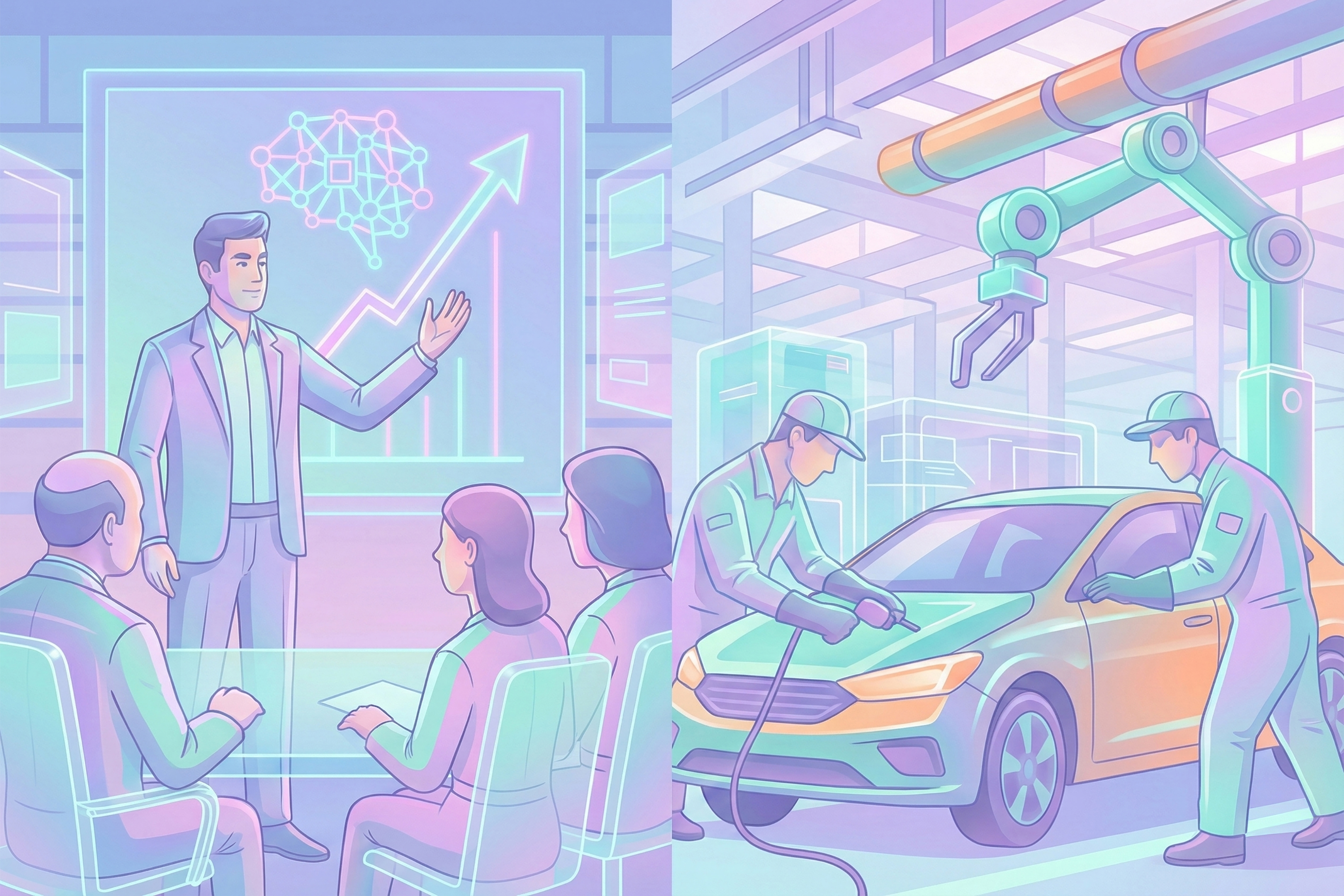
Thanks to digitization, a lot of things are happening in the workplace: a new form of on-demand labor (i.e. the “gig economy”) driven by platform economics, a new push of remote working (due to the corona crisis) that brings efficiency gains, while younger generations have different working preferences and their future jobs will require different skills than our current ones. Work is highly esteemed in our societies, in contrast to aristocratic societies that favor leisure over labor. We think that work and a job build a strong character (e.g. it is what gets you out of bed and brings order to your days), that jobs give you “skin in the game” and provide an opportunity to perform social roles (e.g. paying taxes, having social contact with colleagues), and – of course – that the job market is a mechanism for reallocating wealth and opportunities.
However, many of these beliefs no longer hold. For example, labor markets no longer seem to be a way to reduce inequality (e.g. during the pre-corona-post-financial crisis cycle, labor markets were very tight although wage growth was lacking). Furthermore, many of the new jobs generated by digitization pay low wages, often insufficient to even make a basic living, and lack the human contact that ordinarily makes up the social part of a job. More fundamentally, automation and AI could lead to huge technological unemployment.
We already pondered the question whether we could live without a job once. Focusing on these problems requires a broader view than just the economic perspective. For example, most work is so abstract that it no longer builds our character, so we must look for other ways to build character and achieve cultural Bildung. Craftsmanship is a way we create significant value, learn how to operate in the world and conform to its reality principles. Furthermore, a strong focus on productivity and “full employment” is a disaster for the environment, as well as to our mental health (e.g. we might need lower growth and less consumption). In his book This Life, Martin Hägglund highlights that we need a new concept of value that stresses the spiritual and moral quality of our activities, and thus frees us from the idea that wages are the only measure of the value of our daily activity.
